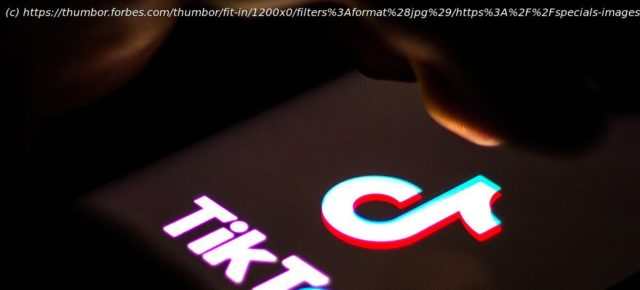President Trump has confirmed he will ban TikTok in the U. S. as soon as this weekend…
Tens of millions of American users will wake up today, Saturday, to the news that U. S. President Trump will ban TikTok as threatened—the details are not yet clear, but the intent could not be more so. The president told reporters on Air Force One that he intended to act as soon as Saturday (August 1), telling them, “as far as TikTok is concerned we’re banning them from the United States.”
As another week of speculation around TikTok’s future came to an end, all the talk had been around a rushed sale of the app by parent ByteDance, with the likely suitor being Microsoft, according to reports, instead of the platform’s U. S. investors. A trade acquirer was apparently seen as better able to absorb the platform and its management.
Although other U. S. acquirers, the likes of Facebook and Google, might seem more suited to adding TikTok to their portfolio, they would also face regulatory hurdles given their other assets. Microsoft’s primary social media platform—LinkedIn—does not compete. That said, Trump also told reporters that he did not like the idea of a spinoff or a sale to a U. S. company. He seems intent on punitive action.
As ever with this story, the detail has significant gaps. Trump assured his audience that “I have that authority, I can do it with an executive order,” but it’s unlikely to be quite so simple. A ban would most likely involve either adding TikTok to the entity list that has been used so effectively against Huawei, or using the administration’s CFIUS powers.
Adding TikTok to the entity list would prevent U. S. companies providing software, hardware or services to the company. That could include the app’s removal from Apple and Google app stores, it could end the provision of cloud storage and processing services, the sale of high-end hardware, even the use of U. S.-originated IP. Not a outright ban as such, but having broadly the same impact.






